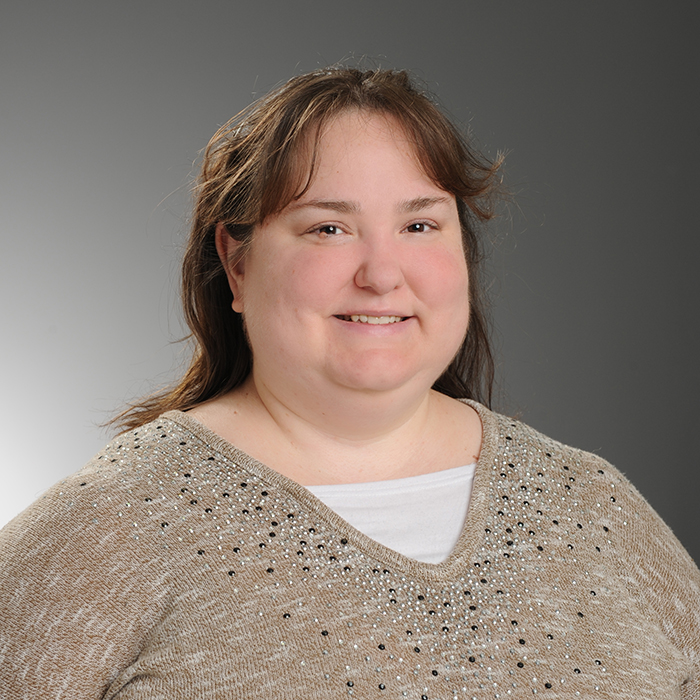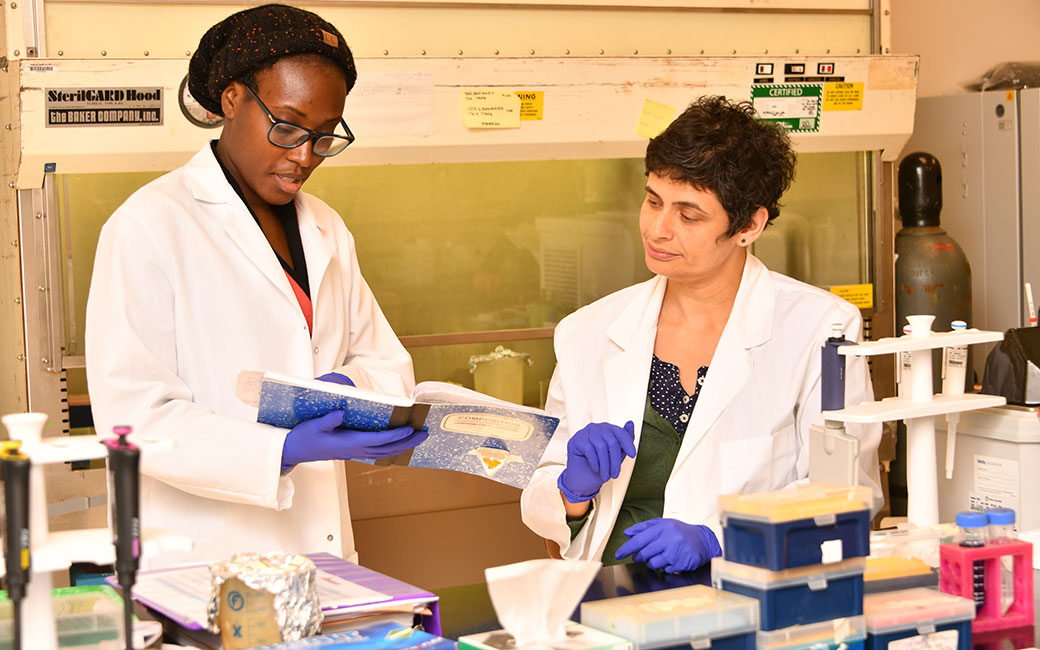Contact Information
Pre-Physician Assistant Program Advisor in Biological Sciences

Room 5150-Q
Ambitious and motivated Towson University students may choose to focus their studies in pre-physician assistant to gain the strong academic foundation and skills necessary to be accepted into pre-professional schools. Graduates go on to successful careers in medicine as a Physician Assistant.

If you are majoring in a Fisher College of Science & Mathematics (FCSM) department/program, please contact Professor Stella Evans (see below). If you are majoring in a College of Health Professions department, please see CHP's Pre-Physician Assistant Advising. If you are interested in Towson University’s graduate Physician Assistant program, please see Physician Assistant Studies (M.S.) for information.
Students interested in Physician Assistant schools typically select majors in sciences, though you do not need to be a science major to apply. However, schools require completion of certain science and mathematics courses.
Pre-physician assistant students, regardless of major, must take the required courses as part of their curriculum. Students are advised to check the schools they are interested in to be certain to fulfill their requirements. Students should keep in mind that admission to physician assistant programs is highly competitive and most schools require at least a 3.0 GPA to apply but students that are accepted to the program average a 3.5 GPA. Most programs do not have grade replacement for repeated courses when determining a student’s GPA, this means all grades will count when the GPA is calculated. Note that a minimum grade of a B is required by most schools in the prerequisite courses.
Students can choose either the Functional Biology of Animals concentration or the Cellular and Molecular Biology concentration and take the following courses:
| Code | Title | Units |
|---|---|---|
| BIOL342 | Human Anatomy and Physiology I for Biology Majors | 4 |
| BIOL 343 | Human Anatomy and Physiology II for Biology Majors |
4 |
| BIOL 3181 | General Microbiology | 4 |
| CHEM 131 & CHEM 131L |
General Chemistry I [Lecture] General Chemistry I [Lab] |
4 |
| CHEM 132 & CHEM 132L |
General Chemistry II [Lecture] General Chemistry II [Lab] |
4 |
| CHEM 3332 & CHEM 333L |
Essentials of Organic Chemistry Lecture Essentials of Organic Chemistry Laboratory |
3 2 |
| CHEM 3513 | Biochemistry | 3 |
| MATH 237 | Elementary Biostatistics | 4 |
| BIOL 210 | Medical Terminology | 3 |
| PSYC 1014 | Introduction to Psychology | 3 |
1 BIOL 215- Essentials of Microbiology is acceptable for PA programs but does not count
toward the Biology major or provide upper level credit.
2 Students can elect to take the two semester Organic Chemistry courses, CHEM 334 and CHEM 336
and CHEM 337, but for the majority of PA schools CHEM 333 and CHEM 333L is sufficient
3 Some PA schools require a lab with this course, if that is the case then also take
CHEM 356.
4 Some schools require 6 or 9 credits in psychology courses so student should consider
taking
PSYC 203- Human Development and PSYC 361- Abnormal Psychology.
In addition to the undergraduate coursework required for PA school, you will need to gain a significant amount of health care experience or what some programs call “patient contact” experience. The total number of hours required varies from program to program but is generally in the range of 800-1600 hours. The type and quality of these hours also matters. Programs prefer experiences in which the applicant was directly responsible for patient care. Many programs provide applicants with lists of the type of experiences that they prefer applicants to have. Note that hours spent shadowing a physician or physician assistant are considered low-quality hours and may not be considered at all by some programs.
